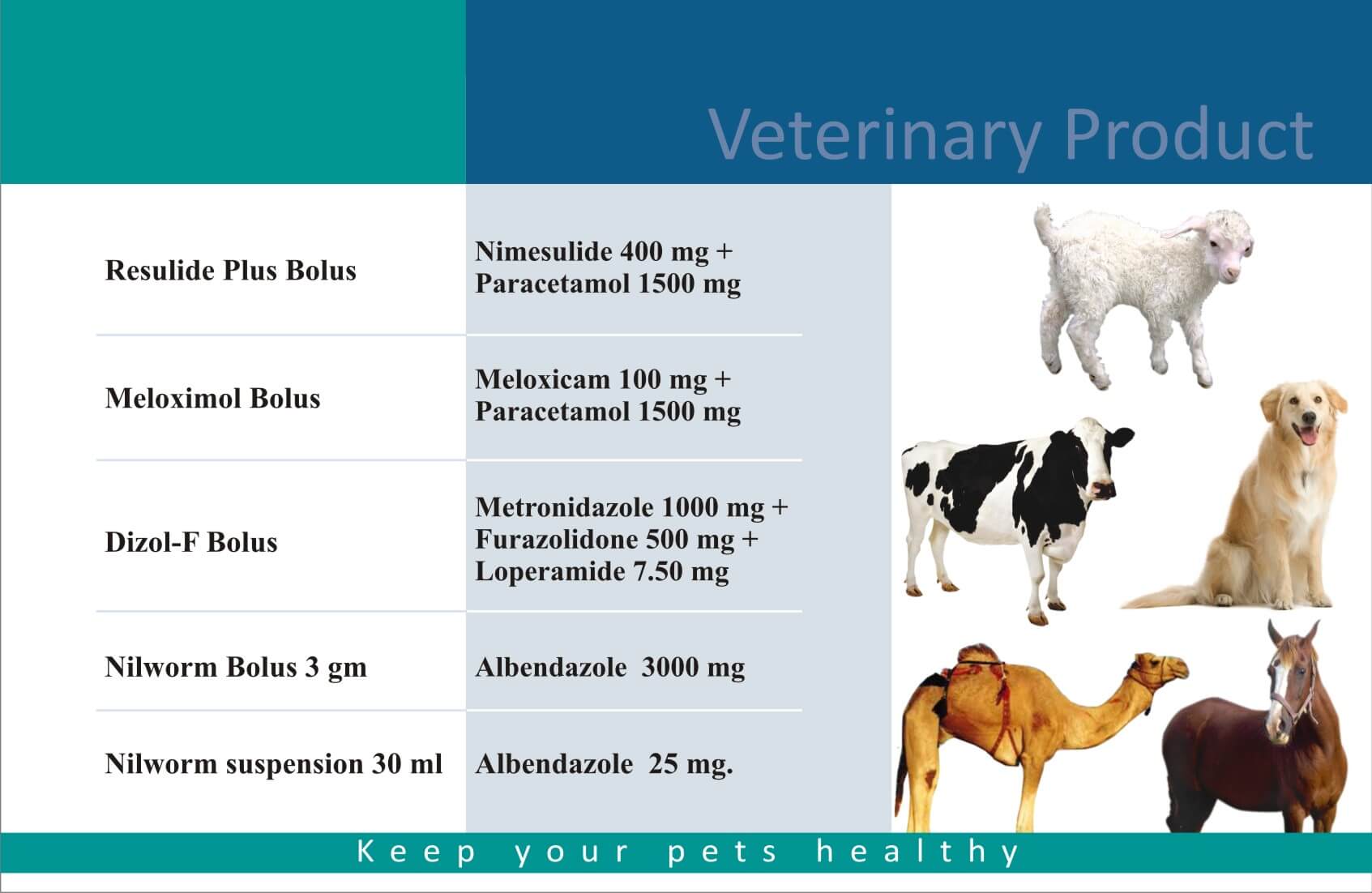How Veterinary Testing Protects the Well-Being of Pets
How Veterinary Testing Protects the Well-Being of Pets
Blog Article
Protecting the well-being of your furry companions, regular veterinary testing is essential. Labs specializing in pet care assist in diagnosing illnesses for four-legged family members.
Here, we’ll explore the value of animal health testing and review common procedures.
Understanding Veterinary Labs for Pets
Pet testing facilities conduct a range of tests to help diagnose conditions. They employ expert technicians to deliver reliable diagnostics.

Core responsibilities of veterinary labs include:
- Detecting hidden diseases: Improves recovery chances.
- Monitoring ongoing conditions: Ensures your pet stays on track.
- Evaluating care plans: Helps refine care approaches.
Common Veterinary Tests for Dogs and Cats
Animal health labs provide multiple testing services to ensure pets are thriving. Essential health checks include:
- Blood workups: Check for infections.
- Urinalysis: Monitor hydration levels.
- Stool analysis: Check for dietary issues.
- Skin and allergy testing: Diagnose environmental or food allergies.
- Advanced imaging scans: Identify hidden abnormalities.
Why Routine Exams Are Important for Pets
Routine lab work ensures proactive care. Through timely detection of health issues, vets can create effective treatment plans.

Key reasons for routine testing include:
- Longer, healthier lives: Providing ongoing support helps pets enjoy a better life.
- Avoiding expensive emergencies: Managing minor issues promptly saves on costly treatments.
- Trust in their health management: You’ll know they’re cared for.
laboratorio vet
Why Testing is Key for Dogs and Cats
Animal health testing facilities help keep pets healthy in maintaining their quality of life. With routine checkups, you protect them from preventable illnesses.
Start today to ensure their health for years to come!
Report this page